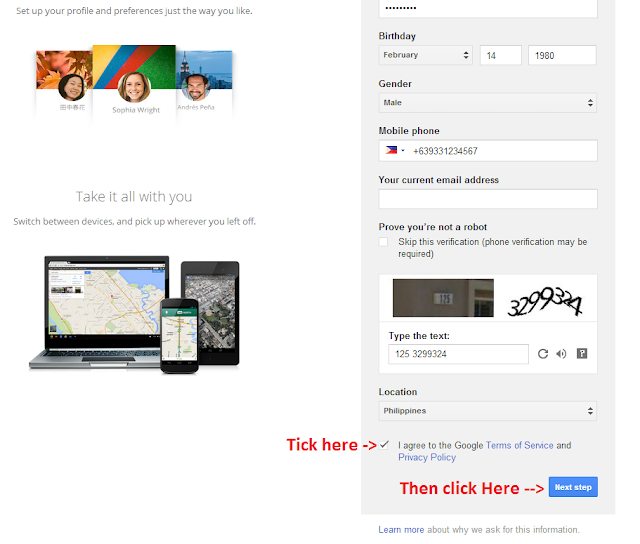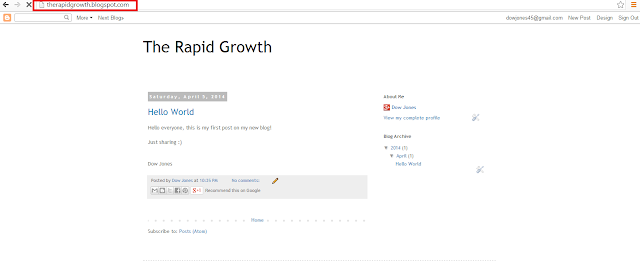Americans have a tough time saving. Nearly a third of Americans have zero savings, and around half have less than three months of emergency savings. Equally daunting is how little Americans contribute to 401(k)’s. Dr. Hensley of the
National Foundation for Financial Education pointed out
in this alarming video that only 11 percent of individuals with a 401(k) are putting enough money away to meet their retirement needs.
The goal of this article is to provide the content and behavioral tips necessary to save.
Understand yourself and how to overcome your own savings obstaclesSaving can be exhausting if you allow it to be. As John Tierney points out in
Decision Fatigue, we draw from a chemical in our brain to feed our willpower each time we make a choice. The more frequently we surround ourselves with things we really want and choices we have to make, the more we draw from this chemical. Do not make saving another draining choice you have to make, make saving automatic.
The Marshmallow study best illustrated the challenges we innately face to delay gratification, and the
latest Marshmallow study is digging into the particular challenges people face who have had previous experiences that punished them for waiting, complicating the problem even further. We have seen how hard it is for people to pass the test. Do not put yourself through the torture of delaying gratification, make saving automatic.
Become a member of a Bank, Credit Union, or Matched-Savings ProgramFind a bank or credit union that offers the lowest fees, or better yet
prize-linked savings programs. Do not concern yourself with the interest you are going to earn on your savings account. Rates are low and are likely to stay that way for a while. So, your interest won't add up to much if you do not have a lot of money. What can add up are fees - - so comparison-shop for financial institutions that offer the lowest possible fees.
Another option is matched savings programs such as
Earn, who also provide additional support services designed to help low-wage families.
Make saving automatic with a Direct DepositA Direct Deposit electronically deposits funds directly into a bank account as a form of payment.
This past Bankrate article explains how Direct Deposits work, and dives into further advantages. To be clear, only establishing a direct deposit into your checking account isn’t going to help you much. Work with your HR manager and your financial institution to setup a second and a third direct deposit into your savings account and retirement account. This is sometimes referred to as “split deposits”. Make sure there is no additional fee for setting up or using a Direct Deposit service.
In
this research Mindy Hernandez of Innovation@cfed provides behavioral insight on the decision making process“…often the decision we make is not about the ‘optimal choice’ but the one that requires the least amount of effort – the one on the path of least resistance. Defaults are the option you get if you do nothing at all, and they are extremely ‘sticky,’ meaning you are not likely to change the decision (or lack thereof) once it is done…” In other words, by saving first with a direct deposit it would be harder not to save.
The positive results of setting a savings goal and reaching it by making saving automatic is confirmed with research over and over again. According to research reported
here by the Electronic Payments Association, 93 percent of employed adults who use split deposit contribute to their savings every month. Conversely, of employed adults who do not use split deposit, 23 percent contribute nothing to their savings.
Make investing automatic with a Direct DepositThis quality resource on the Department of Labor website empowers employees with useful information about retirement plans, and the power of compound interest. Here is the example the DOL used to illustrate the importance of beginning to invest for retirement at a young age:
“A 20 year old who saves $1,000 a year for 11 years in a row, then stops but leaves it there to earn 7% interest, will have $168,514 at age 65.
However, a 30 year old who starts saving $1,000 a year for 35 years, also earning 7% will have only $147,913 at age 65. Even though the 30 year old has put in more money for more years, it has less time to earn that compound interest.”
In other words, fully match your employer’s 401(k) or 403(b) contribution and do so electronically with a split deposit as soon as you get a job. Make sure there is no additional fee for setting up or using a Direct Deposit service.
America Saves Week is February 25-March 2nd. Now is a great time to
pledge or repledge to save. By pledging to save you will commit to a simple savings plan and goal. Research tells us that regardless of income you are more likely to spend less than you earn, save for emergencies, and save for retirement if you have a savings plan.
Set a savings goal, take the pledge, and remember that Direct Deposits matter.
Note - this post was originally written and posted on the America Saves website.































